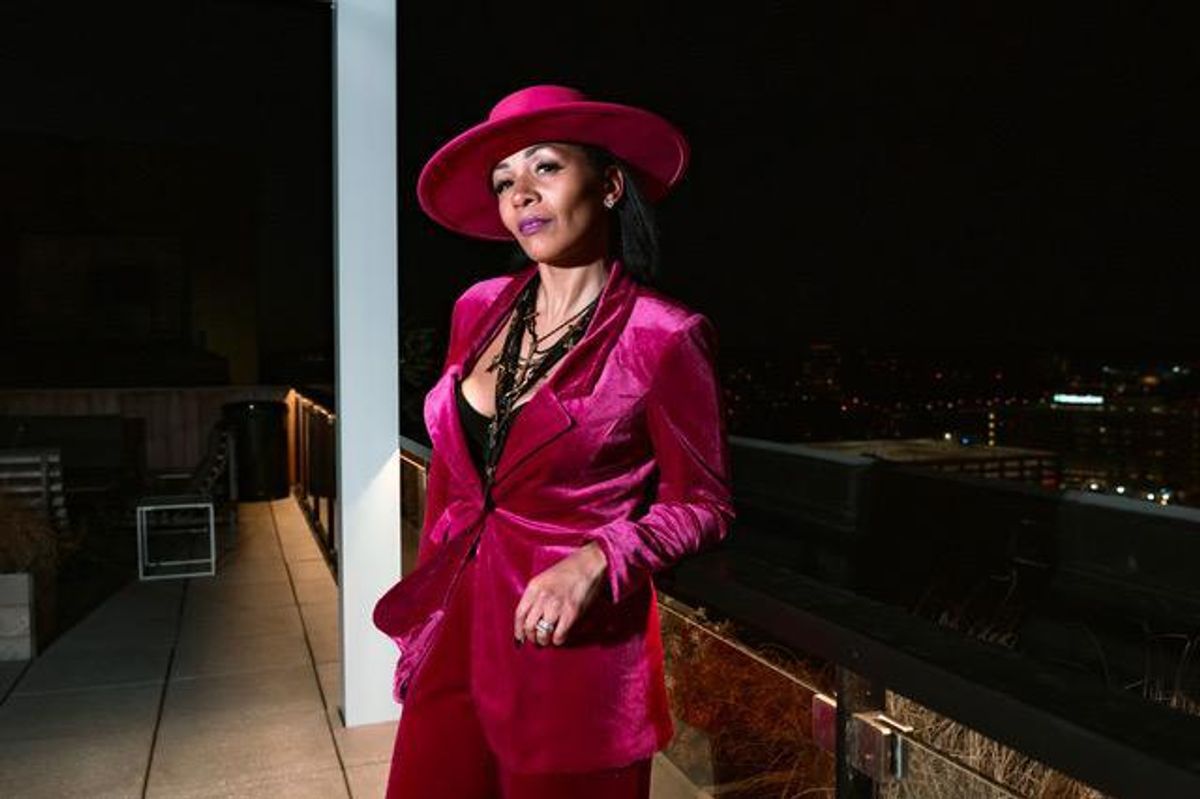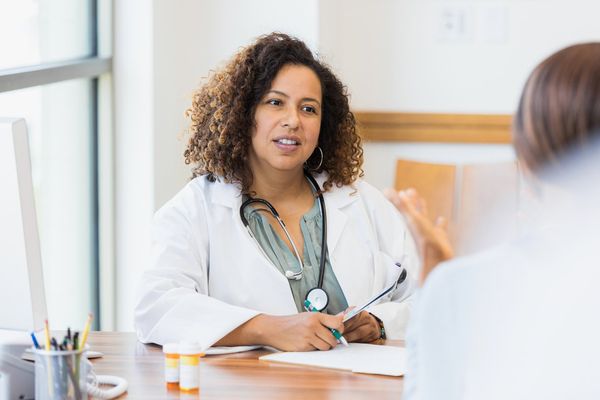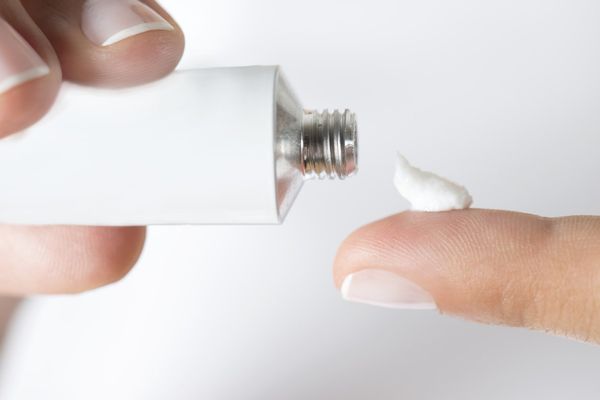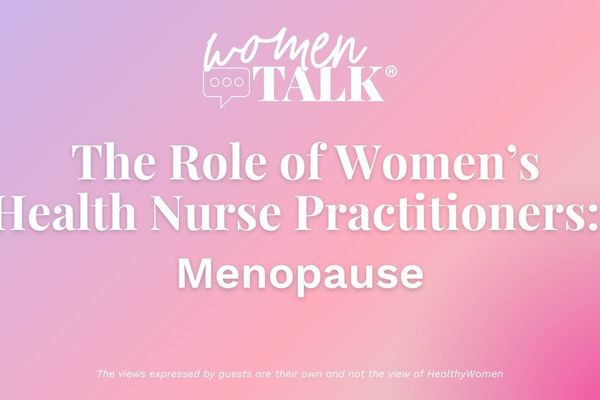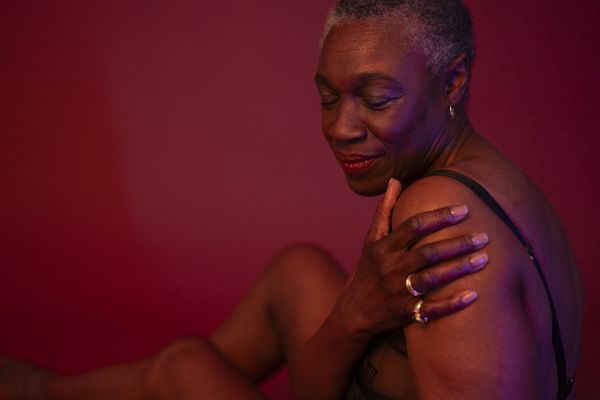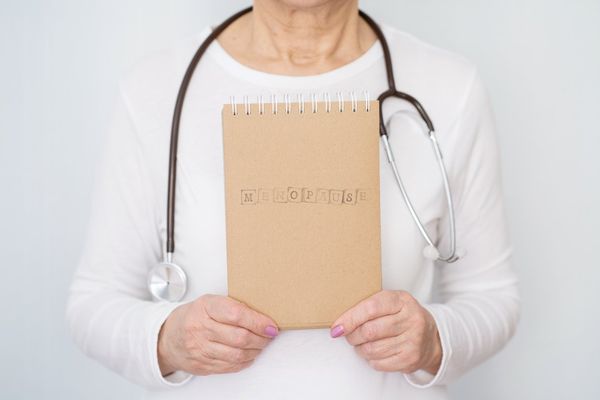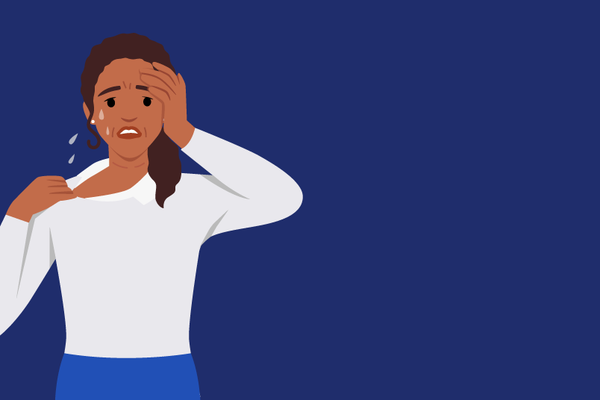As told to Shannon Shelton Miller
Before 2020, menopause was one of those lifestages I really knew nothing about. The most I heard my mother say about it was, “I'm having a flash.” I never heard my grandmothers talk about menopause at all.
My experience isn’t unique. As a hairstylist, I meet women every day dealing with all kinds of physical and mental health issues. They often don’t know what’s happening to them or why. When I’m coloring their hair, they start talking about what’s going on in their lives, and I just listen. Then I’ll ask, “Are you in menopause?”
Even if they don’t think so, they’ll often make an appointment with their healthcare provider to find out they are. Once I tell them what I’m also going through in menopause, they start to open up and become more comfortable talking about it. Sometimes, we can get very vocal.
Menopause can be almost debilitating sometimes. You don’t know how you’re going to feel from day to day. We all know about the
hot flashes, but not sleeping well and a lack of energy are significant symptoms of menopause as well. People also have no idea how much of an impact menopause can have on your mental health.
When I discussed this topic with a psychotherapist, she said that throughout history, Black women weren’t allowed to talk about what we were feeling about anything. No one cared. We were taught and trained to be silent, to suffer and just deal with it. I think that mindset extended across generations and that’s why we don't have those conversations, which means a lot of us aren’t educated about menopause.
We need to get rid of that stigma. From what I’ve learned, menopause can be
a lot more intense for Black women, so we really do need to start paying attention to menopause sooner rather than later, because it affects us tremendously.
I had a
partial hysterectomy when I was in my late 20s, but my healthcare providers left one ovary and one fallopian tube to provide enough hormonal support to keep me from entering surgical menopause. But, by the time I was 47, my remaining ovary became so overworked that I needed to have it removed immediately because it was threatening my life. I didn’t want to go to any hospital in the middle of the pandemic, but my provider told me I couldn’t wait any longer. In the two weeks before my procedure, I crammed so much information about how this would affect me, because I knew I’d be thrown into full-blown menopause as soon as I woke up from surgery.
I asked my HCP how I would feel afterward and was told
it could differ for every woman and that I could get hormone therapy if I wanted after my surgery, but that’s pretty much all the information I got.
That’s why education about menopause is key, because once we begin educating ourselves, we can find what works for us. If our healthcare providers aren’t menopause specialists — and there aren’t many — we’re going to be left to fend for ourselves. I found that out really quick.
After my experience, I wanted to help other women, so I founded a menopause lifestyle brand,
Pretty Moody. I’ve had women reach out to me in their late 20s because they’ve been thrown into some type of surgical menopause. There are women in their 30s who start experiencing symptoms of perimenopause, which can last for years before women have their final menstrual cycle.
There are three phases we have to be aware of — perimenopause, menopause and postmenopause. Perimenopause needs to be addressed more because a lot of times, women don’t even know what’s happening to them. They’re thinking, “Why am I feeling like this?” “Why is my body doing this?” “Why am I exercising all day and eating a piece of lettuce and a few crackers, but I’m gaining 10 pounds?”
Even if you can make just one lifestyle change, it can make a difference and makes the transition easier. Nutrition, exercise and wellness are huge — I’m not always consistent with everything, but I notice a big difference in my emotional well-being when I incorporate those changes. I sleep better, my stress decreases and my menopausal symptoms improve when I exercise and eat well.
For women who have a male partner, it’s important to understand that your partners can also be affected by menopause, so we have to
educate the men so they can understand what we go through. I include my husband in my menopause education platform and people often ask me why. He’s an amazing, huge and important part of my journey. My husband works to educate other men as well so they can be more supportive of their partners.
I want all women to have a better quality of life while we’re going through this. Menopause has such a negative stigma and a lot of people think life is over. Yes, I have my bad days. I have days where I don’t want to do anything or even want to get out of bed.
I’m not saying to ignore how you’re feeling on the bad days, but it’s so easy to lose yourself in menopause that you can forget to focus on those positive days. Practice self-care; do the things that ignite your heart and make you happy. This is also the time to celebrate yourself and find ways to do whatever it takes to feel good.
This resource was created with support from Pfizer and developed in partnership with American Association of Nurse Practitioners.
- Is It Menopause or Something Else? - HealthyWomen ›
- From Hot Flashes to Night Sweats, a Rundown of Vasomotor ... ›
- Black Women's Health Problems During Menopause Haven't Been ... ›
- A Conversation With Dr. Octavia Cannon About How Race Can Influence Menopause - HealthyWomen ›
- Is It Menopause or Something Else? - HealthyWomen ›
- How to Support Women Going Through Menopause - HealthyWomen ›
- How the Stigma of Menopause and Aging Affect Women’s Experiences - HealthyWomen ›

